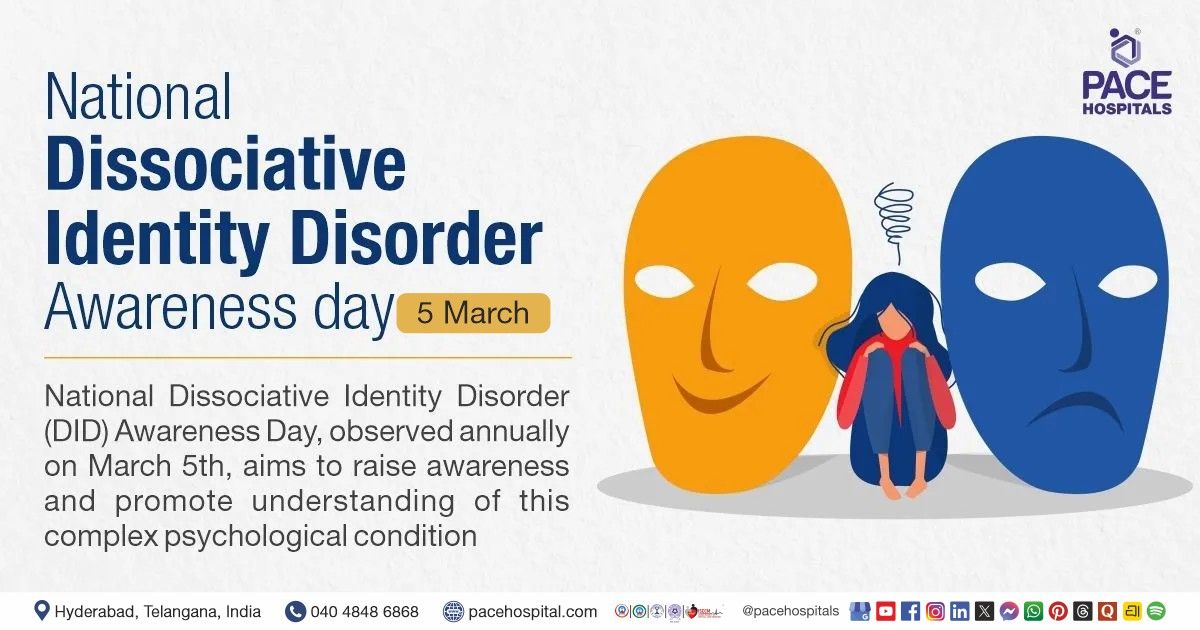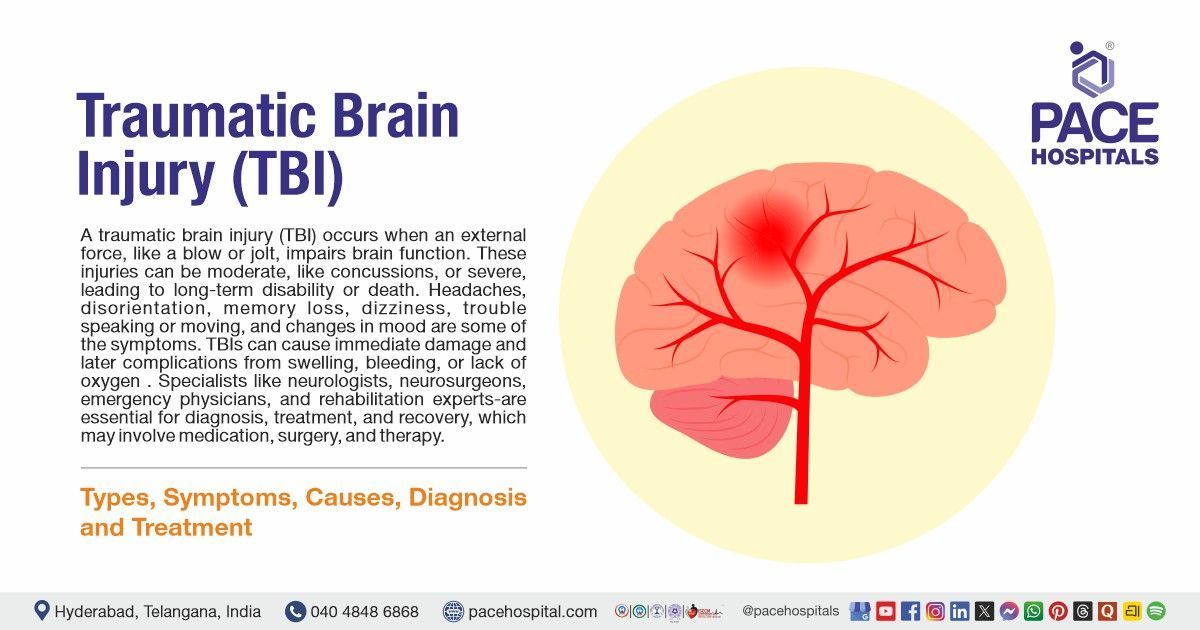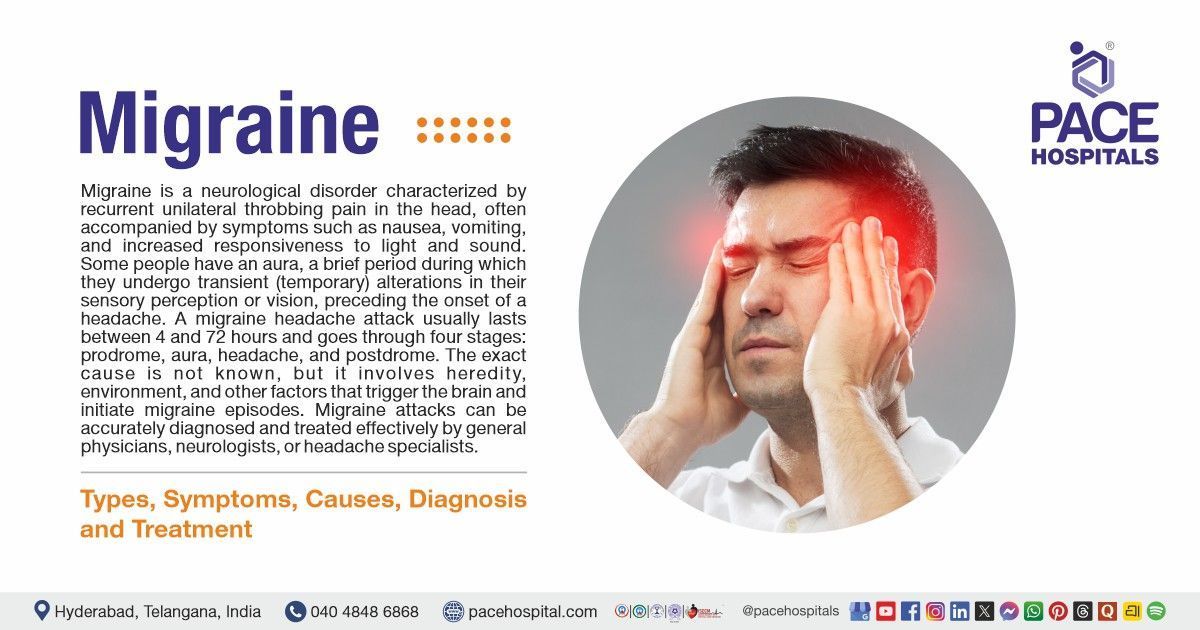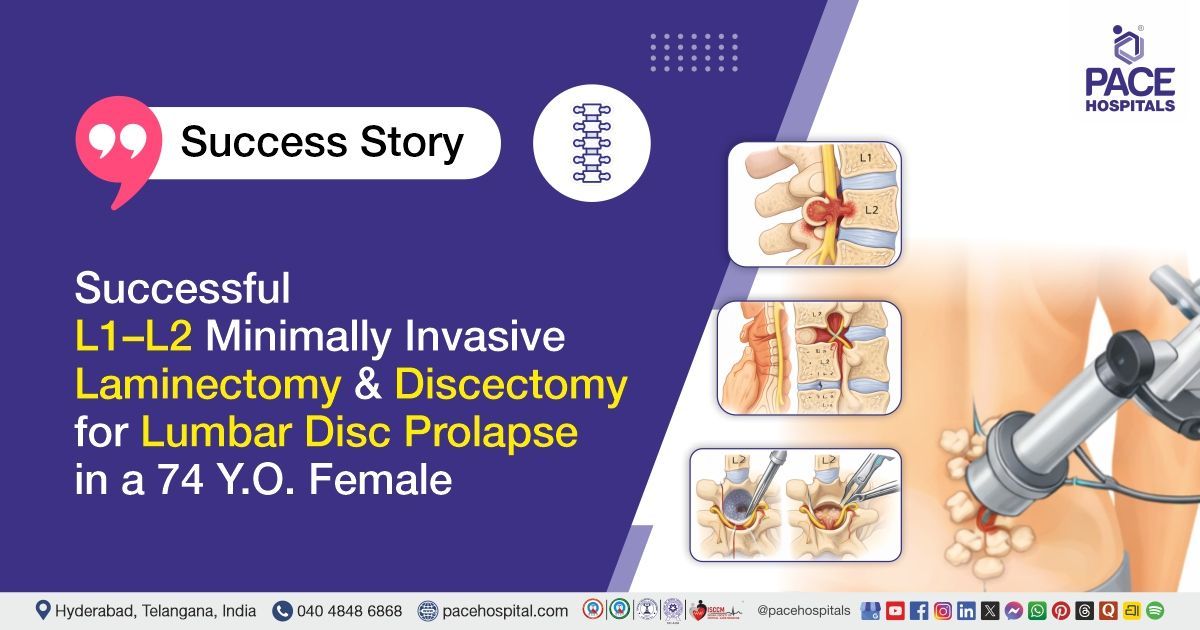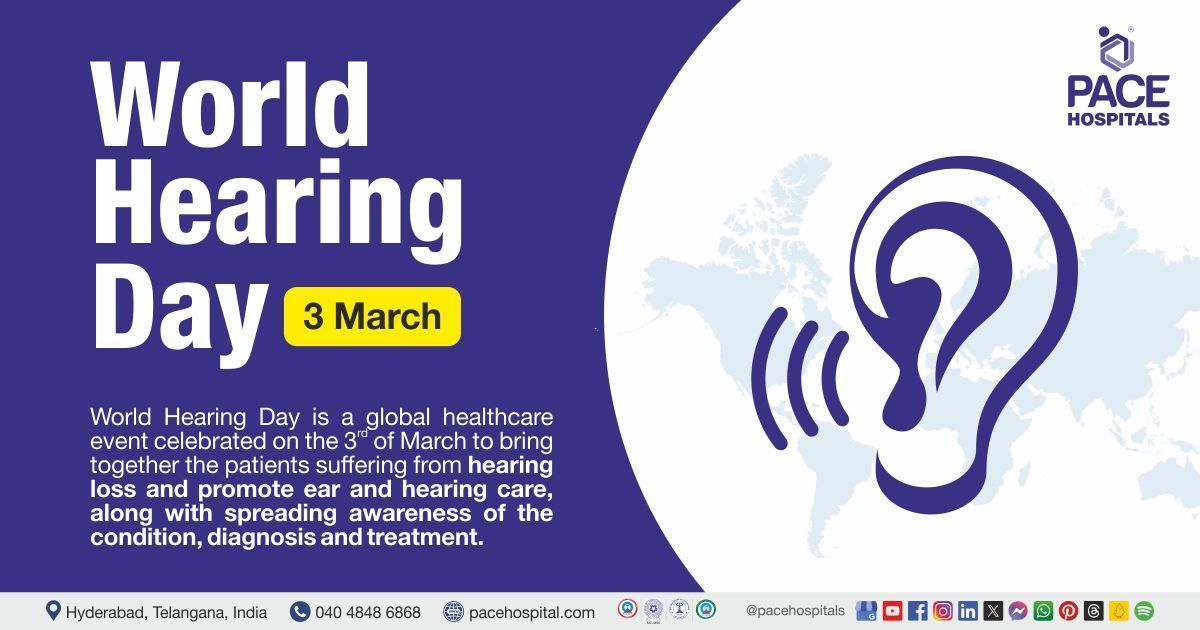How and Why Breast Cancer Happens – Expert Insights
PACE Hospitals
Written by: Editorial Team
Medically reviewed by: Dr. Ramesh Parimi, Senior Consultant – Surgical Oncology, Specialist in Cancer Surgery
Overview
Breast cancer is one of the most common cancer, prevalent among women worldwide and one of the main causes of cancer-related deaths. However, when detected early, it is highly treatable and often curable. Knowing how and why breast cancer develops, recognising early warning signs, and seeking timely medical help can save lives.
At PACE Hospitals, Hyderabad, our multidisciplinary team of oncologists, surgeons, and radiologists is dedicated to comprehensive breast cancer diagnosis, treatment, and rehabilitation. We combine advanced screening technology with compassionate, patient-centered care to help women make informed decisions about their secured health.
What is Breast Cancer?
Breast cancer arises when abnormal cells in the breast tissue grow uncontrollably and form a lump or tumor. It can originate in the lobules (milk-producing glands) or ducts (pathways that carry milk to the nipple) and, if untreated, may spread to lymph nodes and other organs.
While women are primarily affected, men can also develop breast cancer, although it’s rare.
Causes and Risk Factors
Breast cancer develops due to combined effect of genetic, hormonal, environmental, and lifestyle factors.
Genetic Factors
- Mutations in the BRCA1 and BRCA2 genes remarkably enhances the risk.
- Hereditary family history of breast, ovarian, or prostate cancer raises susceptibility.
Hormonal and Reproductive Factors
- Early menstruation (before age 12) or late menopause (after age 55).
- Hormone replacement therapy (HRT) after menopause.
- Late pregnancy or not breastfeeding may slightly elevate risk.
Lifestyle Factors
- Sedentary lifestyle, high-fat diet, and obesity.
- Regular alcohol consumption or smoking.
- Chronic stress and poor sleep patterns.
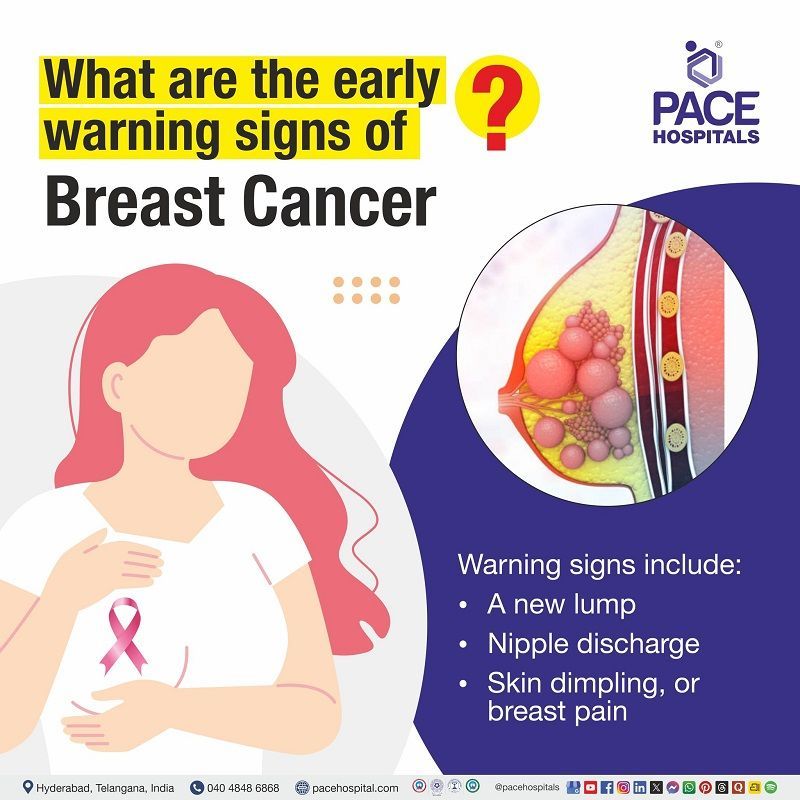
Early Signs and Symptoms
Detecting breast cancer early dramatically improves survival rates. Women should regularly observe and examine their breasts for any changes.
Common symptoms are:
- A new lump or thickening in the breast or chest may be near to underarm.
- Change in breast size, shape, or skin texture (dimpling or puckering).
- Nipple discharge, especially if bloody.
- Pain or tenderness feeling in the breast not related to menstruation.
- Redness, swelling, or warmth over the breast skin.
If you notice any of these signs, book a breast specialist consultation at PACE Hospitals immediately.
How Is Breast Cancer Diagnosed?
At PACE Hospitals, Hyderabad, we follow an advanced diagnostic protocol combining clinical expertise with cutting-edge technology.
Diagnostic Steps:
- Clinical Breast Examination (CBE) – Performed by an oncologist or breast surgeon.
- Mammography – Low-dose X-ray to detect tumors before they are palpable.
- Breast Ultrasound – Determines if a lump is solid or fluid-filled.
- MRI Breast – Recommended for high-risk women or dense breast tissue.
- Biopsy – Confirms malignancy and determines cancer type and grade.
- Hormone Receptor Tests – Evaluate estrogen, progesterone, and HER2 status to plan targeted therapy.
Types of Breast Cancer
- Ductal Carcinoma in Situ (DCIS): Early, non-invasive cancer confined to ducts.
- Invasive Ductal Carcinoma (IDC): Most common; can spread to nearby tissues.
- Invasive Lobular Carcinoma (ILC): Originates in lobules and may affect both breasts.
- Triple-Negative Breast Cancer (TNBC): Aggressive type lacking hormone receptors.
- HER2-Positive Cancer: Fast-growing but responsive to targeted drugs.
Treatment Options at PACE Hospitals
PACE Hospitals provides personalized treatment plans, stage-specific breast cancer care, integrating advanced therapies with supportive rehabilitation.
Surgery
- Lumpectomy (Breast-Conserving Surgery): Removal of tumor with preservation of breast tissue.
- Mastectomy: Complete breast removal for extensive disease.
- Sentinel Lymph Node Biopsy: Checks lymph node spread.
Radiation Therapy
- Destroys residual cancer cells post-surgery to prevent recurrence.
- Chemotherapy
- Administered before or after surgery to shrink or eliminate cancer cells.
Hormonal Therapy
Used for hormone receptor-positive cancers to block estrogen’s effects.
Targeted Therapy
Anticancer drugs (composed of monoclonal antibodies) are given for HER2-positive cancers improve survival.
Immunotherapy
For selected patients, especially with triple-negative cancer, to boost immune response.
PACE Hospitals’ oncology team ensures each patient receives individualized treatment plans, emotional support, and survivorship guidance.
Prevention and Early Detection
However, some risk factors like genetics can't be controlled, lifestyle modifications can significantly lower breast cancer risk.
Preventive Measures:
- Maintain a healthy weight and exercise regularly.
- Limit alcohol and avoid smoking.
- Eat antioxidant-rich foods like fruits, vegetables, and whole grains.
- Breastfeed if possible — it provides protective benefits.
- Get regular mammograms and clinical check-ups starting at age 40, or earlier if high-risk.
PACE Hospitals runs women’s wellness programs offering annual breast screening packages and awareness campaigns emphasizing early detection.
Life After Breast Cancer
With advances in early detection methods and latest therapies, breast cancer survival rates are rising. Survivorship care includes:
- Hormonal follow-ups and routine imaging.
- Lymphedema management.
- Psychological counseling and nutrition guidance.
- Breast reconstruction surgery options for improved body confidence and well-being.
PACE Hospitals supports survivors with comprehensive post-treatment rehabilitation plans, strategies and counseling programs to restore quality of life.
Conclusion
Breast cancer awareness, pre-evaluation, early detection, and timely treatment save lives. Understanding its causes, risk factors, and warning signs empowers women to take charge of their health.
At PACE Hospitals, Hyderabad, our Breast Oncology Team provides complete care—from screening and diagnosis to surgery, chemotherapy, and follow-up support—ensuring patients receive world-class, compassionate treatment every step of the way.
Frequently Asked Questions (FAQs) on Breast Cancer
What causes breast cancer?
Breast cancer develops due to a combined factors such as genetic mutations (like BRCA1/BRCA2), hormonal imbalance, obesity, radiation exposure, and lifestyle factors such as smoking and alcohol consumption. Regular screenings at PACE Hospitals help detect risk early.
Can breast cancer be prevented?
While not completely preventable, maintaining a healthy lifestyle, regular exercise, limited alcohol use, and timely mammograms can greatly reduce risk. PACE Hospitals’ preventive care programs promote early detection.
What are the first warning signs of breast cancer?
Common signs include a new lump, nipple discharge, skin dimpling, or breast pain. Early evaluation by oncologists at PACE Hospitals ensures quick diagnosis and effective treatment.
Is breast cancer curable if detected early?
Yes. Early-stage breast cancer detection has a high survival rate when treated promptly with surgery, radiation, or targeted therapy. PACE Hospitals specializes in stage-specific, evidence-based cancer care.
Why choose PACE Hospitals for breast cancer treatment in Hyderabad?
PACE Hospitals is a leading cancer care center with expert oncologists, advanced technology, precision diagnostics, and holistic patient support, ensuring ethical and compassionate treatment.
How is breast cancer diagnosed at PACE Hospitals?
Diagnosis includes clinical examination, mammogram, ultrasound, MRI, and biopsy. Advanced hormone receptor and genetic testing guide personalized treatment planning.
What are the treatment options for breast cancer?
Treatment may involve lumpectomy, mastectomy, chemotherapy, radiation, hormonal therapy, or immunotherapy. PACE Hospitals provides comprehensive multidisciplinary care under one roof.
Does family history increase breast cancer risk?
Yes. Women with close relatives affected by breast or ovarian cancer are at higher risk. Genetic counseling and BRCA testing are available at PACE Hospitals to guide prevention strategies.
Can men develop breast cancer?
Although rare, men can develop breast cancer due to genetic factors, radiation exposure, or hormonal imbalances. Early detection improves outcomes.
How often should women get screened for breast cancer?
Women aged 40+ should have annual mammograms. Those with a family history or higher risk should start earlier. PACE Hospitals offers customized screening packages.
Share on
Request an appointment
Fill in the appointment form or call us instantly to book a confirmed appointment with our super specialist at 04048486868


